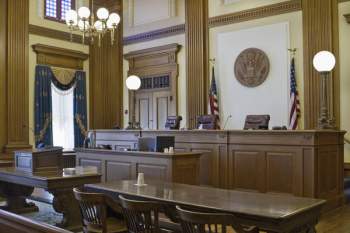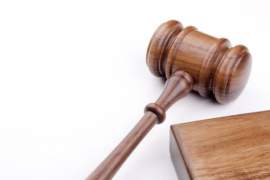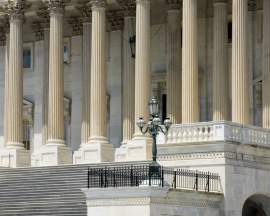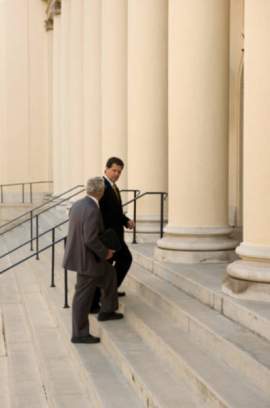
An Overview to Objections

Objection Background
A legal objection is raised by an attorney within a trial, with regard to a specific question or a piece of evidence introduced into that trial. Lawyer raises objection when they want that question or evidence to be disallowed from the trial as a whole. Objections generally have to be made on specific grounds, according to specific rules for procedure and conduct.
Misleading
One objection which a lawyer might raise is an objection based on the grounds that the question being objected to was ambiguous, misleading, confusing, vague, or unintelligible. All of these terms mean generally similar things, although they do have some nuance between them. Ultimately, however, an ambiguous, misleading, confusing, vague, or unintelligible question is a question without a clear, obvious, succinct, factual answer.
Argumentative
A lawyer is not permitted to be argumentative with a witness in any given trial. This means that a lawyer is not permitted to repeatedly ask the same question of a witness, nor is the lawyer allowed to directly dispute what the witness says in the manner of an argument. Any such questions might be objected to on the grounds that they are argumentative.
Asked and Answered
Once a question has been asked and answered, it is generally not allowed for that question to be asked again. If the question is asked again, then the opposing lawyer might object based on the grounds that the question has been asked and answered. Sometimes, lawyers will attempt to repeat questions for the sake of emphasis, and this is disallowed through asked and answered objections.
Speculation
A speculative question or speculative evidence is normally disallowed from a trial on the grounds that it is not based in fact. Speculation arises when a witness is asked to answer a question to which he or she does not know the immediate, factual answer, or when a witness provides an answer which is not based on immediate facts of his or her experience. A lawyer can object to speculation to have it disallowed.
Hearsay
When a lawyer objects to evidence based on hearsay, the lawyer is objecting to a type of evidence which is related secondhand, from questions asked or answers given outside of the court. If, for example, an individual is relating evidence based on what he or she was told by another person outside of court, then that would be hearsay evidence, and could be objected to.
Incompetent
An attorney might raise an objection based on grounds of incompetence if a witness were not considered to be competent for providing answers to questions. A witness might be considered incompetent if he or she were not mentally competent and stable, or if he or she were particularly young, for example.
Inflammatory
An inflammatory statement or question is a question which is designed to produce a reaction within the jury, particularly in terms of inflaming the jury against a witness or the defendant. An inflammatory statement or question is normally grounds for an objection and for the disallowing of the question or the evidence, as it is manipulative and irrelevant.
Leading Questions
Leading questions are questions which are designed to suggest an answer within the question. Leading questions are often yes or no questions, though not all yes or no questions could be accused of leading the witness. Leading the witness is objectionable only if the lawyer asking the leading questions is examining his or her own witness, and is not asking questions of a hostile witness.
Privilege
Objections based on privilege are objections based on the notion that a witness does not have to give testimony or evidence in certain areas if that witness holds privilege of particular types. For example, a doctor witness might not have to provide answers to questions that violate the privilege of doctor patient confidentiality.
Immaterial
Immaterial questions, or irrelevant questions, can be objected to by the opposing counsel within a trial on the grounds that they are not important to the matter at stake in the trial. Immaterial questions are often designed for another, manipulative purpose, which is why they are made objectionable.
Narrative
An objection to questions which might result in narration on the part of the witness is allowed because narrative answers do not give opposing counsel the opportunity to object to questions or evidence prior to the introduction of those questions or evidence.
NEXT: Venue


















